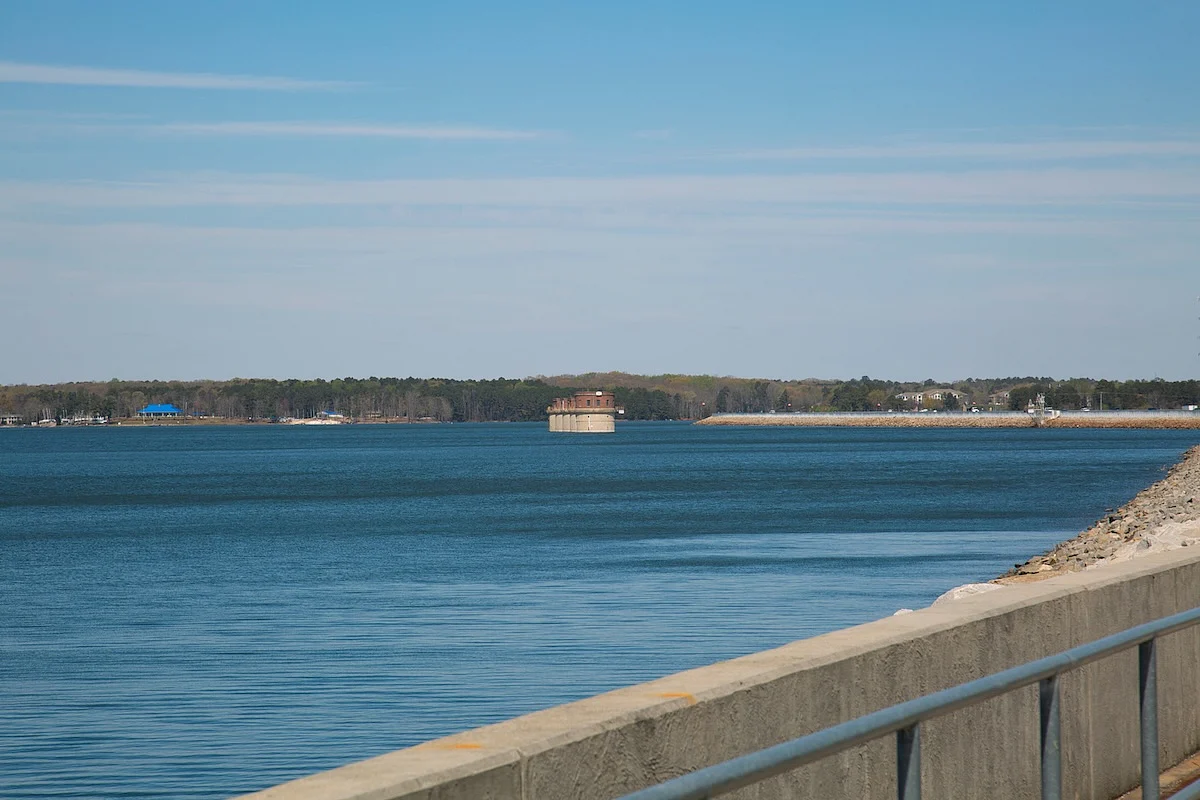Boy Dies From Brain-Eating Amoeba After Swimming in S.C. Lake
MONDAY, July 28, 2025 — A 12-year-old South Carolina boy has died after being infected by a rare, brain-eating amoeba found in freshwater, his family’s lawyer said.
Middle school student Jaysen Carr died July 18 after swimming in Lake Murray, a large reservoir near Columbia, S.C., according to a Facebook post from the law office of Tyler D. Bailey.
Doctors from Prisma Health Children’s Hospital in South Carolina confirmed that Jaysen was infected by Naegleria fowleri, a microscopic organism that lives in warm freshwater and can cause a deadly brain infection.
Dr. Anna-Kathryn Burch of Prisma Health Children’s Hospital explained at a press briefing that the amoeba is “ubiquitous to any fresh water in the state of South Carolina” and common throughout the Southeastern U.S., according to The New York Times.
As temperatures rise and water levels drop during summer, the risk of exposure increases.
The infection is nearly always fatal, although it is extremely rare, according to the U.S. Centers for Disease Control and Prevention (CDC). In all, 167 cases were reported in the U.S. from 1962 to 2024. Just four people survived.
Most people who come into contact with Naegleria fowleri never get sick. The amoeba can only infect a person when contaminated water goes up the nose, often during swimming or diving. It then travels to the brain, where it destroys brain tissue.
Once in the brain, the amoeba causes a disease called primary amebic meningoencephalitis (PAM), the CDC says, which progresses quickly. Early symptoms can include:
-
Headache
-
Fever
-
Vomiting
-
Nausea
Although rare, Naegleria fowleri has caused other deaths in recent years.
In 2022, a child died after swimming in a Nebraska river. In 2020, a 6-year-old boy died after playing in a splash pad or using a water hose on Texas’ Gulf Coast, The Times said.
Before that, a North Carolina man died after visiting a local water park.
And in 2018, a New Jersey man died after visiting a different Texas water park.
Splash pads and water parks are usually safe if water is chlorinated properly, according to the CDC.
The amoeba has also been linked to nasal rinsing with unsafe water. Earlier this year, a 71-year-old woman died after using tap water from an RV for nasal irrigation.
The U.S. Food and Drug Administration (FDA) advises using only boiled, distilled or sterile water in neti pots and other nasal rinse devices.
Sources
- The New York Times, July 26, 2025
Disclaimer: Statistical data in medical articles provide general trends and do not pertain to individuals. Individual factors can vary greatly. Always seek personalized medical advice for individual healthcare decisions.
© 2025 HealthDay. All rights reserved.
Read this next
Frozen Vegetables Recalled in Six States Over Listeria Concerns
TUESDAY, Sept. 9, 2025 — A New York-based company has recalled several frozen vegetable products over possible listeria contamination, according to a report shared by the...
DermaRite Expands Recall of Creams and Sanitizers Over Infection Risk
WEDNESDAY, Sept. 3, 2025 — DermaRite Industries has expanded a voluntary recall of several over-the-counter creams, soaps and sanitizers that may be contaminated with...
Toxic Algae in Lakes Can Kill Pets Within Minutes, Expert Warns
SUNDAY, Aug. 31, 2025 — As people enjoy the waning days of summer outdoors, a Virginia Tech veterinary expert reminds pet owners about a potentially deadly hazard: Toxic...
More news resources
- FDA Medwatch Drug Alerts
- Daily MedNews
- News for Health Professionals
- New Drug Approvals
- New Drug Applications
- Drug Shortages
- Clinical Trial Results
- Generic Drug Approvals
Subscribe to our newsletter
Whatever your topic of interest, subscribe to our newsletters to get the best of Drugs.com in your inbox.


